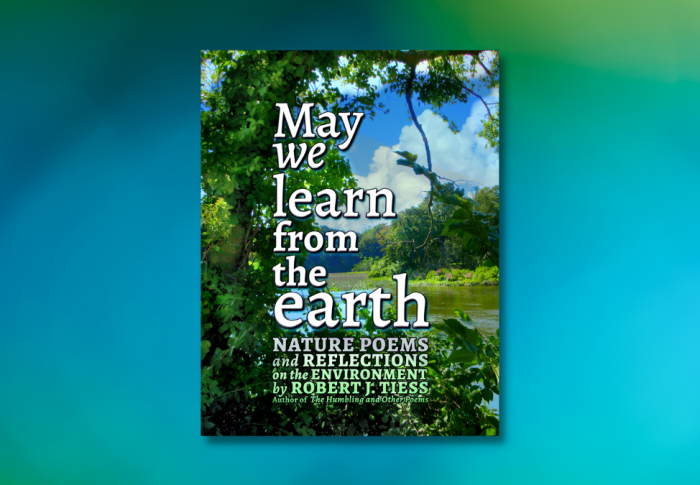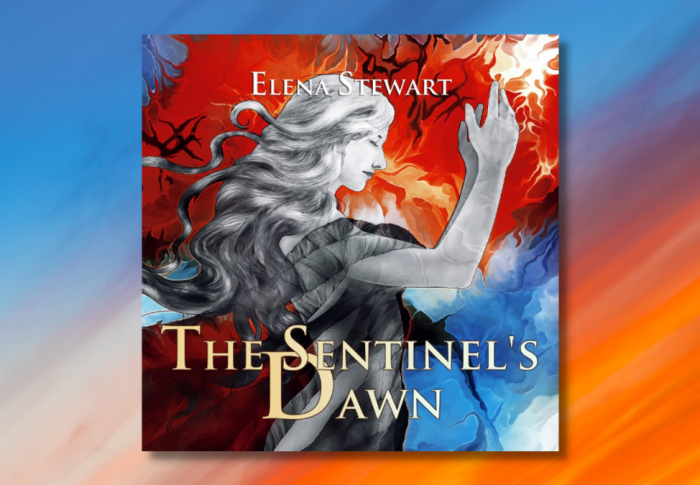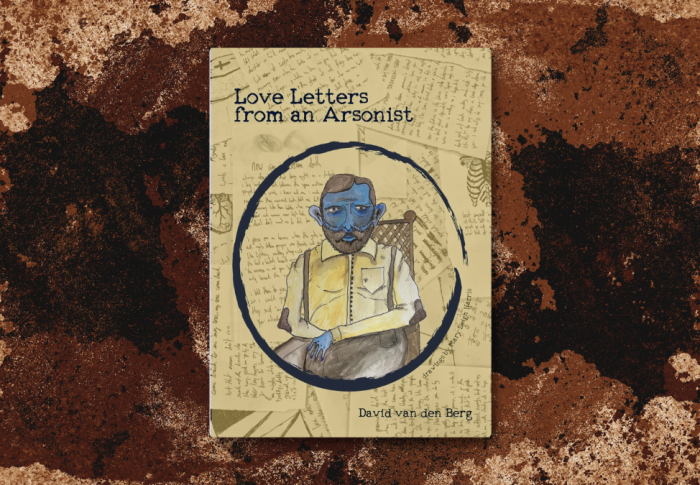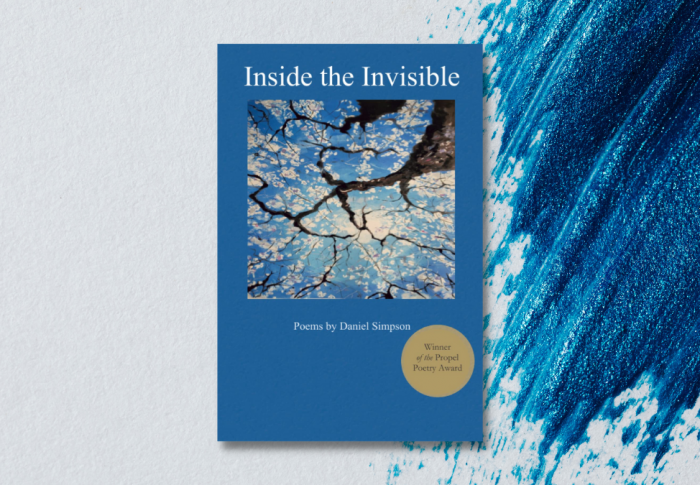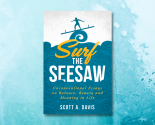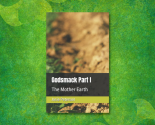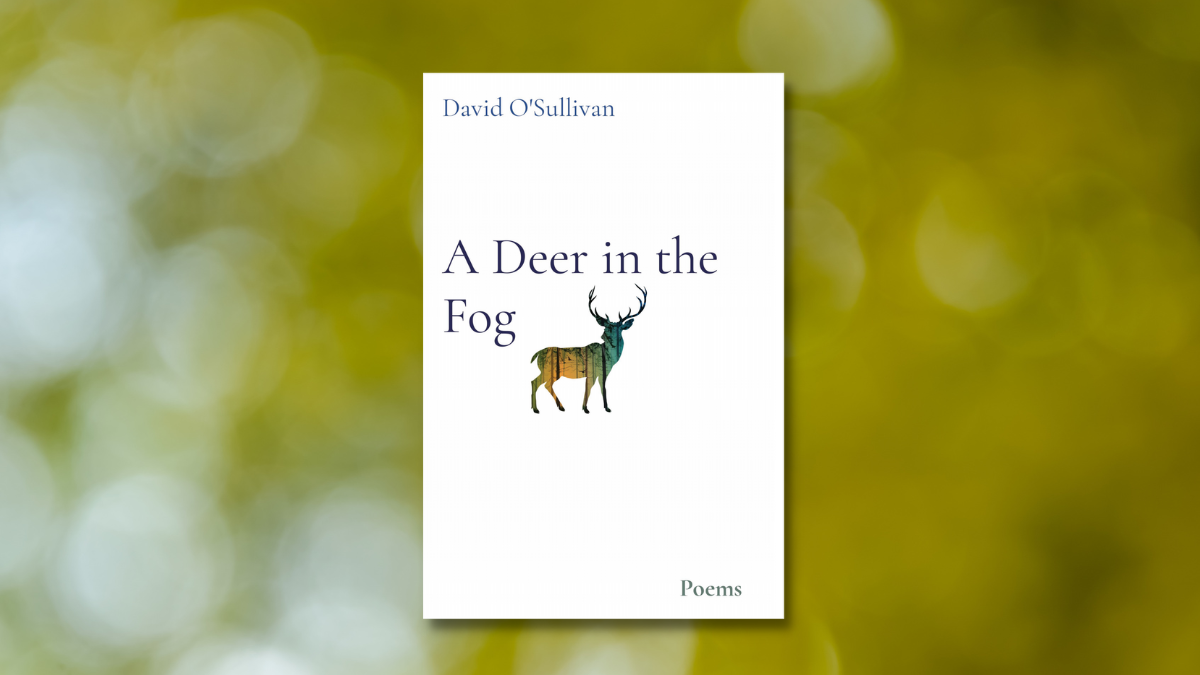
A Poetic Exploration of Hope and Healing: Reviewing David O’Sullivan’s Memoir-in-Poetry
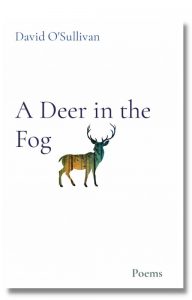
A Deer in the Fog
by David O’Sullivan
Genre: Poetry
ISBN: 9780646861746
Print Length: 100 pages
A perceptive collection exploring humanity’s quest for hope
“A Deer in the Fog” by David O’Sullivan is a memoir-in-poetry that radiates with resilience and offers a sense of hope in the face of tormenting depression. Through fifty-three free-verse poems, O’Sullivan skillfully captures the struggles associated with mental health while guiding readers towards discovery and healing through the introspective voice within.
O’Sullivan’s poetic language is a true delight, filled with fresh images and vivid metaphors that leave a lasting impression. For instance, he beautifully describes fog as a realization of warmth, where “your words take shape in front of you” and a scarf becomes a comforting embrace against the cold. Such evocative imagery enhances the emotional impact of the poems, drawing readers further into O’Sullivan’s journey.
One standout poem, “I Have Learnt,” encapsulates the book’s ability to convey life lessons directly and thoughtfully. It reflects the author’s growth and understanding with lines like “that all inadequacies / are a pathway of life,” offering wisdom born from personal experience.
The closing poem, “Desperate,” leaves a sharp pang in the reader’s heart, while “Once Upon a Time” paints a vivid picture of childhood through concise lines and clear imagery, where clouds can be pushed back to their rightful place. The collection touches on numerous pertinent themes, including humanity, God, security, desperation, vanity, temptation, longing, suffering, obligation, and self-worth.
Good poetry, as the reviewer explains, encompasses smart figurative language, stretching the meaning of words for effect, evoking emotions around a central idea, and reflecting on underlying themes. While “A Deer in the Fog” succeeds in employing lovely figurative language, there are instances where literal language is used, directly expressing the author’s meaning or experience. This choice bridges the gap between the reader and the speaker, fostering a deeper connection.
Occasionally, the reviewer expresses a desire for singular poems to adhere more consistently to a specific literary device, as some poems incorporate multiple or mixed metaphors that may lack cohesion. However, despite this minor critique, the reviewer appreciates O’Sullivan’s thought-provoking journey and the collection’s profound messages.
“A Deer in the Fog” offers a smooth and easy-reading experience, brimming with hope and vivid imagery. Embark on this poetic journey, immerse yourself in O’Sullivan’s introspective verses, and emerge with a renewed sense of optimism by the end. It is a testament to the resilience of the human spirit and the power of poetry to inspire and uplift.

